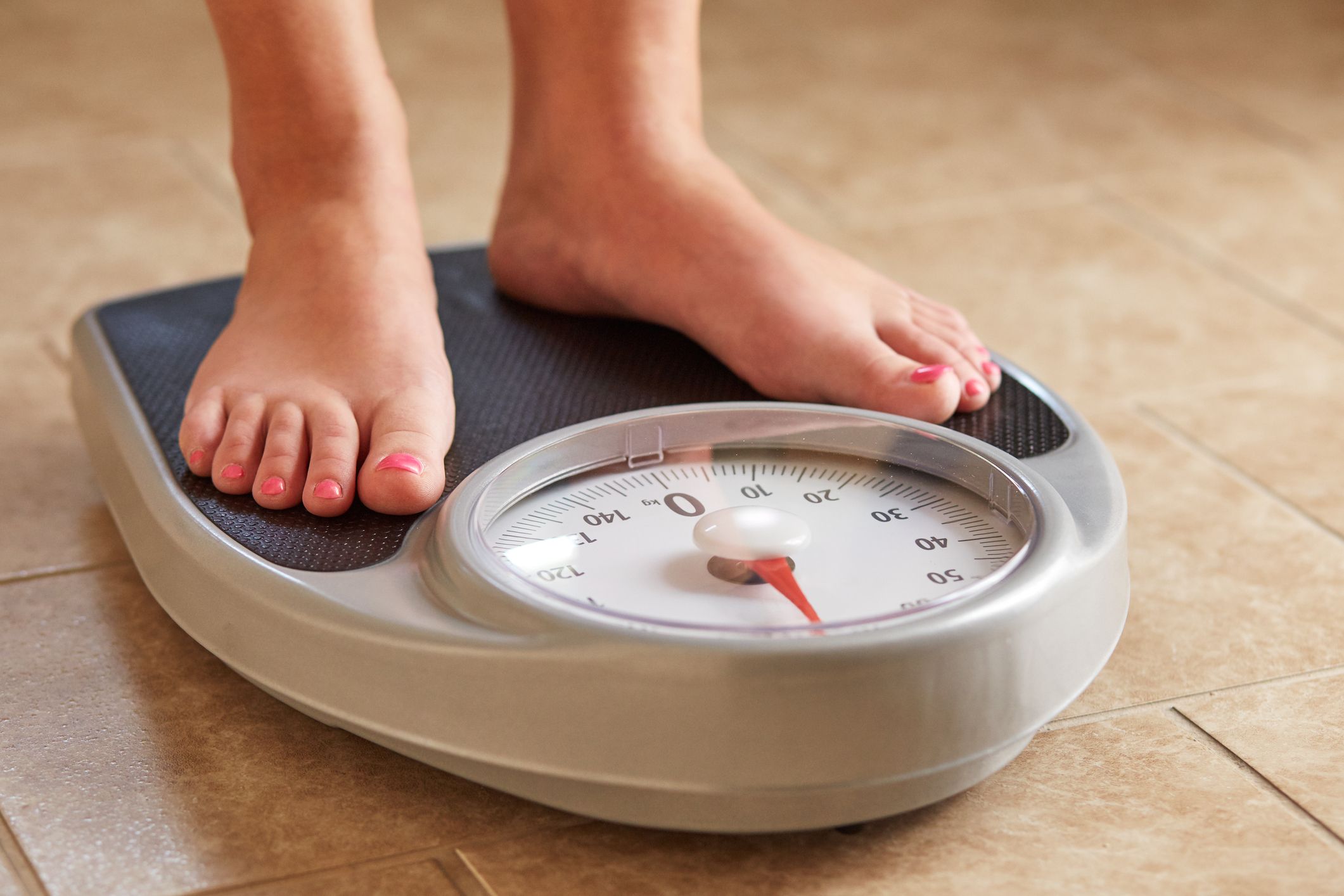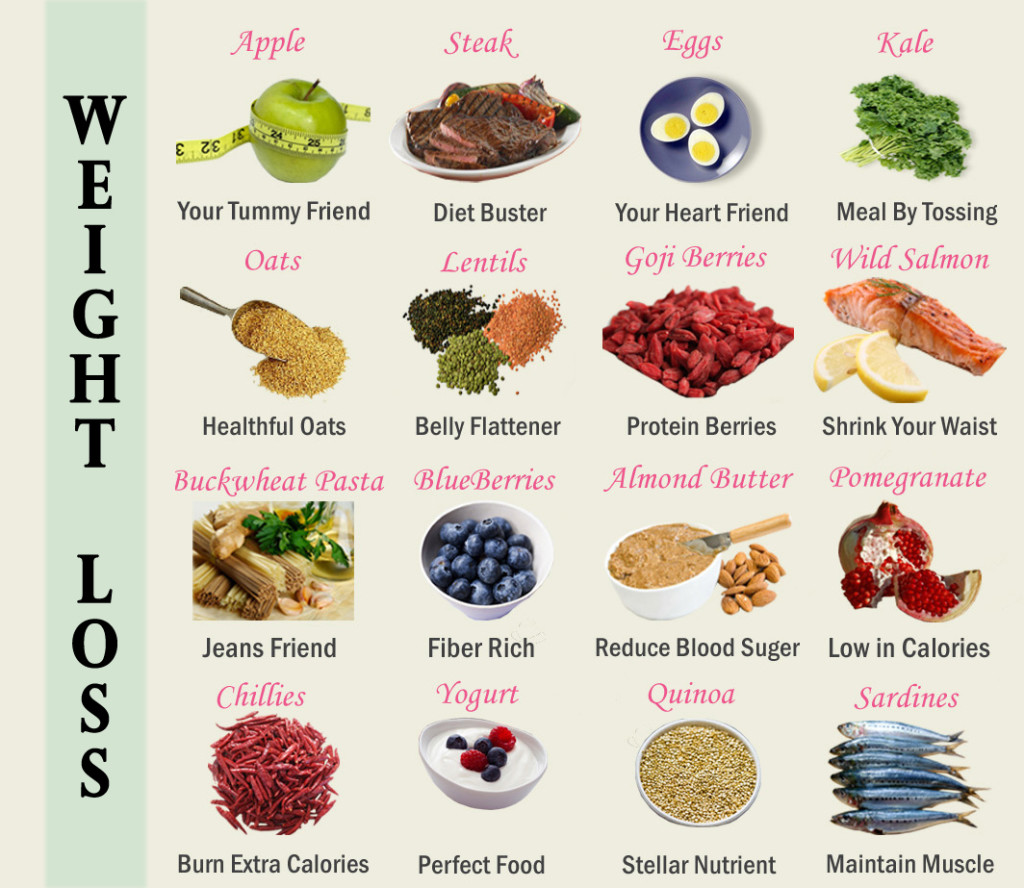Unique Info About How To Decrease Your Weight

Follow these proven strategies to reduce your weight and boost your health.
How to decrease your weight. Johns hopkins researchers explain how to shape up. Fast weight loss is rarely easy, but it is possible to lose weight safely and efficiently by eating a healthful diet and adopting strategies that maximize the body’s potential to burn calories. Studies show that this fiber may promote weight.
To balance your plate, your meals should include protein, fat, vegetables, and complex carbohydrates. For women, a waist measurement of more than 35 inches (89 centimeters) signals an unhealthy amount of belly fat and a greater risk of health problems. Being overweight also can cause disrupted breathing while you sleep (sleep apnea), which further raises blood pressure.
A massive struggle most people face is putting together healthful meals, making decisions on what. New research finds that people who only exercise one to two days a week can lose weight similarly to those who exercise more frequently throughout the week. It may also significantly reduce body fat mass and visceral fat.
There are lots of ways you can lose weight, from making small changes to what you eat and drink to finding more support. Snack on nuts and seeds, as well. Aerobic exercise burns overall calories and helps you reduce total body fat, especially if you make changes in your diet at the same time.
Write out your breakfast, lunch, dinner and snack options for a week at a time. Lose extra pounds and watch your waistline blood pressure often increases as weight increases. Decrease your food intake by 100 calories per day.
More quality sleep can also bring your metabolism down and help you gain weight. 1 write up meal plans. To stand and return to the starting position, squeeze glute and.
Get ready for weight loss without hunger. Theoretically this translates to losing nearly 1 pound per month (1 lb = 3500 calories)—with hardly any effort. Or would you like to lose faster?
9 steps proven to help you lower your bmi 1. If you're overweight, losing weight will give you more energy and help to reduce the risk of obesity, heart disease and type 2 diabetes. Eat plenty of soluble fiber soluble fiber absorbs water and forms a gel that helps slow down food as it passes through your digestive system.
Instead, it involves a lifestyle with healthy eating patterns, regular physical activity, and stress management. Relax, exhale and measure your waist. A combination of exercise and the right diet will help you lose the abdominal fat that’s linked to a higher risk of heart disease.
Bend over and place your right hand on your left knee. For heart health, simply losing weight and exercising seems to be key. People with gradual, steady weight loss (about 1 to 2 pounds per week) are more likely to keep the weight off than people who lose weight quickly.

















